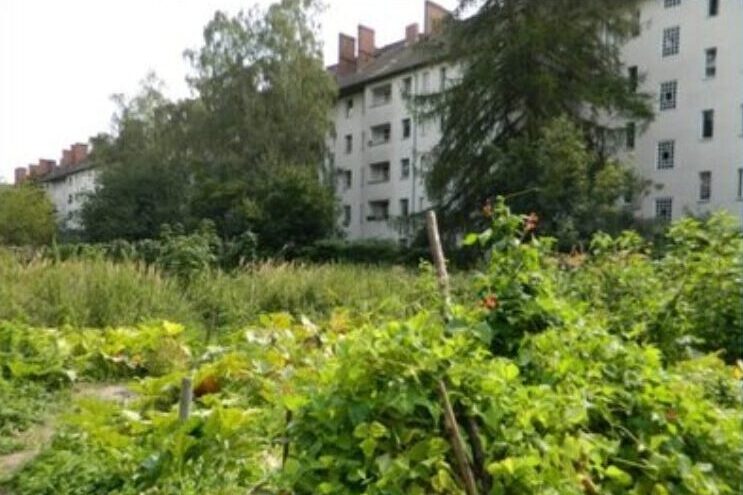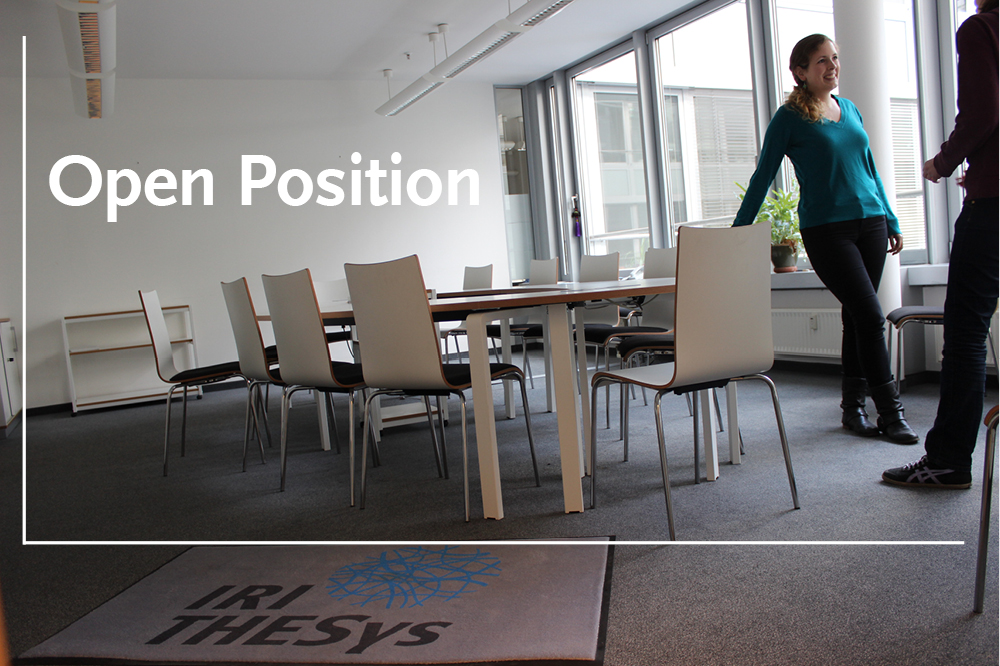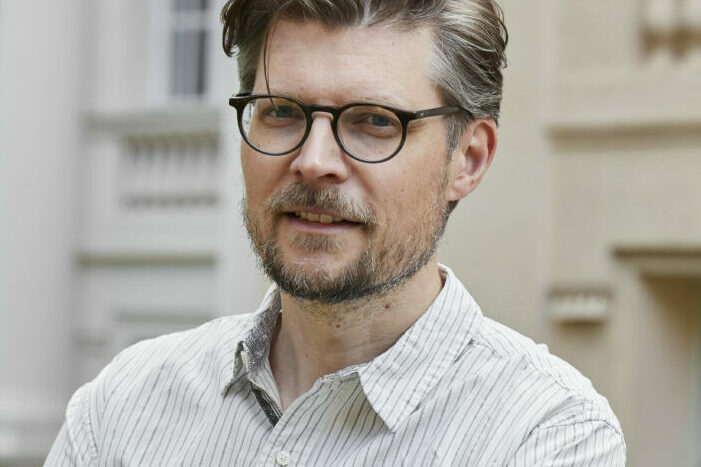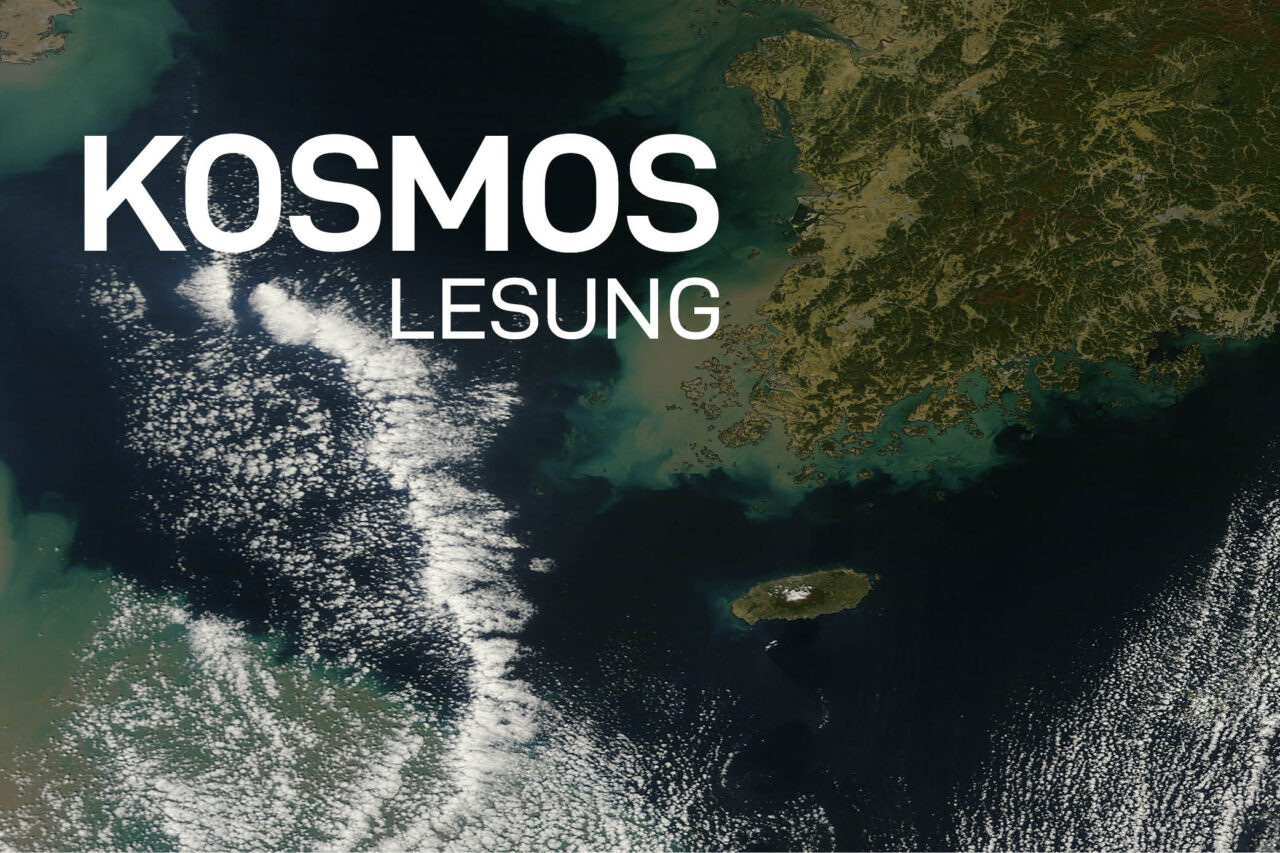In a new publication, THESys researchers Cristián Flores Fernández and Rossella Alba analyze how different legal interpretations and definitions of water shape the regulation, governance and assessment of the socioecological impacts of lithium mining in Chilean salt flats.
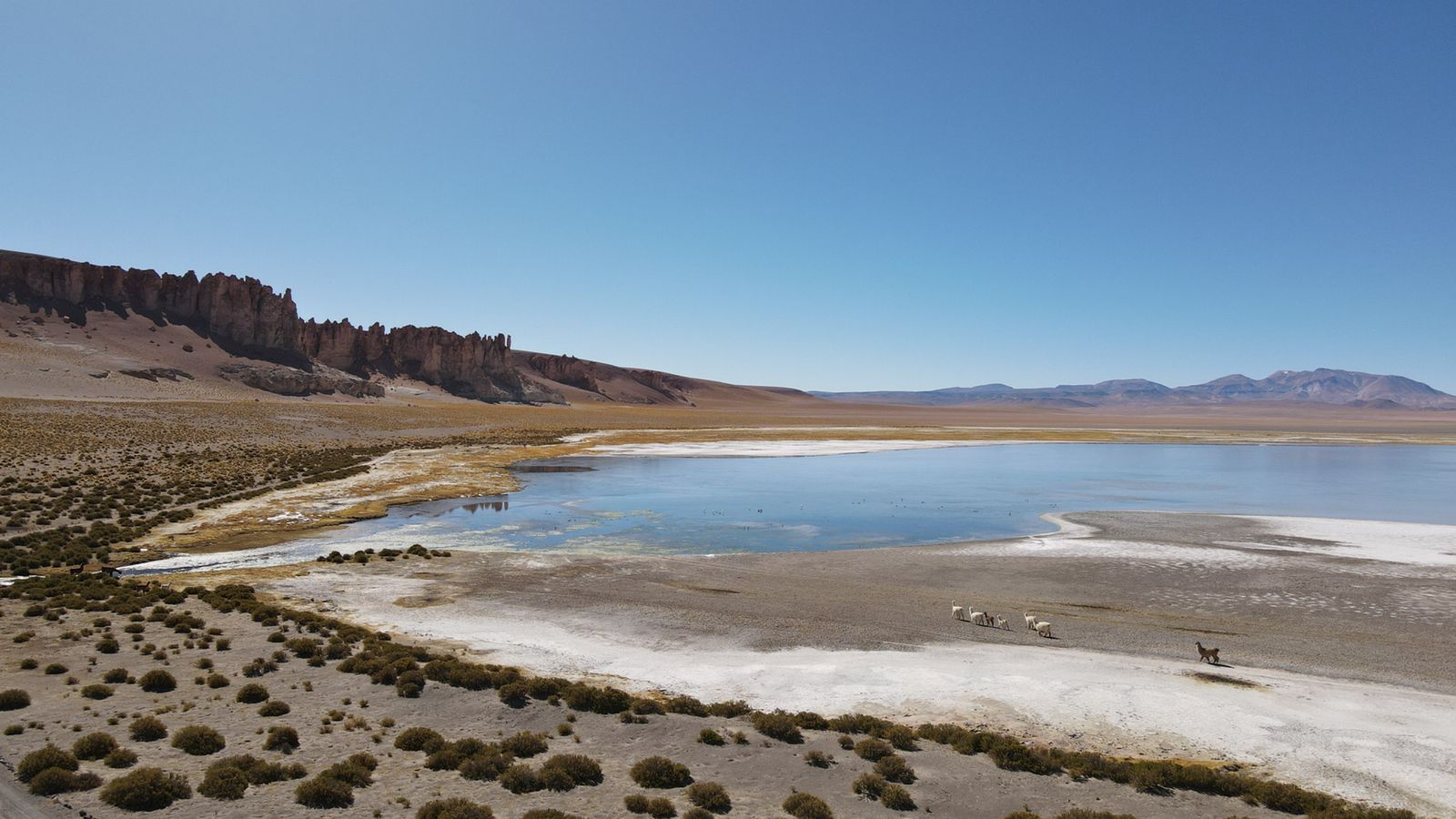
Not easy to say: water or mineral resources?
Chile is the second biggest producers and exporters of lithium worldwide. In Chile, lithium is obtained from the extraction and evaporation of mineralized groundwaters – also referred to as brines – from the aquifers of the Andean salt flats. Are these groundwaters mineral resources or just a type of water? In a newly published article, Cristián Flores Fernández and Rossella Alba show that the answer to this question is not univocal.
Drawing form hydrosocial research and critical legal geography, the two authors analyze legal texts and judicial and administrative claims, including the environmental impact assessment studies of the three single lithium mining projects approved in the Chile. They find that, in the absence of specific legislation, mineralized groundwaters could be legally interpreted in different ways. According to the current status quo, mineralized groundwaters/brines are treated for all legal proposes as mineral resources and not as waters. Supported by mining companies and endorsed by environmental State agencies, such an interpretation has contributed to allow the extraction of brines in basins with deficit water balances with negative local social and ecological impacts. The authors also demonstrate that alternative interpretations and relatedly regulatory proposals being suggested by some state agencies, academics and indigenous groups are legally possible. Which interpretation is ultimately adopted influences how groundwater flows and the socioecological impacts of lithium mining are understood, assessed, and addressed.
Given the growing expansion and intensification of lithium mining in Chile and beyond, it is paramount to further research how and which legal frameworks and knowledge practices – like modeling and legal analysis – can contribute to further understanding the impacts of mining generates on ecosystems, biodiversity, human rights and traditional livelihoods of local communities.
Publication
Flores Fernández, C., and Alba, R.. “Water or mineral resource? Legal interpretations and hydrosocial configurations of lithium mining in Chile.” Frontiers in Water 5 (2023): 51. https://doi.org/10.3389/frwa.2023.1075139
Photo credits: Cristián Flores Fernández



